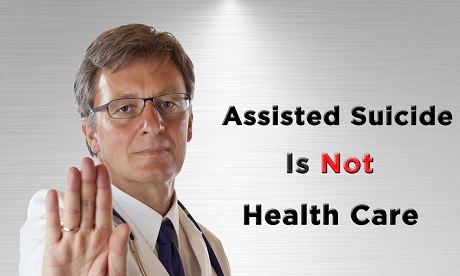The state parliaments in Victoria and New South Wales are being urged to reject the assisted dying bill in front of them. Both states are considering legislation for euthanasia.
The Catholics who have written to their state parliaments are supported by 101 oncologists, who have written to their Victorian MPs calling for them to refuse to sign the bill.
The oncologists letter of 18 September, which is published on the Melbourne Catholic website, says as 80% of those who accessed physician-assisted dying legally overseas had cancer, “we feel our perspective on this issue should be heard.
“We add our voices to the 100 palliative care specialists who have already corresponded with you requesting that you oppose the passage of this bill.”
The oncologists work in public and private hospitals and clinics throughout Victoria as well as in the state’s extensive Catholic health care system.
They pointed out the UK Parliament had resoundingly rejected an Assisted Dying bill in 2015 as there was no “safe system”. They urged the Victorian Parliament to do the same.
“We do not believe that it is possible to draft assisted dying laws that have adequate safeguards to protect vulnerable populations, especially those with incurable cancer, progressive neurological illness, the aged and disabled.
“These groups of people experience high rates of depression and isolation. The risks that such legislation poses for the majority of these outweigh any benefits for the few in our opinion…”
They said they were dismayed that the recommendations made by the Victorian Parliamentary Inquiry into End of Life Choices in June last year to strengthen palliative care had not been implemented.
“Until this is addressed, discussing physician assisted dying is premature.”
A Voluntary Assisted Dying Bill, which would allow doctors to prescribe terminally ill patients with a lethal drug with which to kill themselves and to assist the patient to die if asked, also has been introduced into the New South Wales Parliament.
Both legislatures are expected to vote on the bills later this year.
Source
- The Tablet
- Image: Lifesite news
